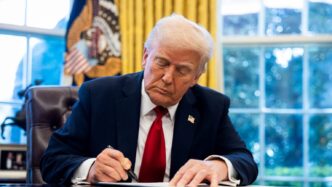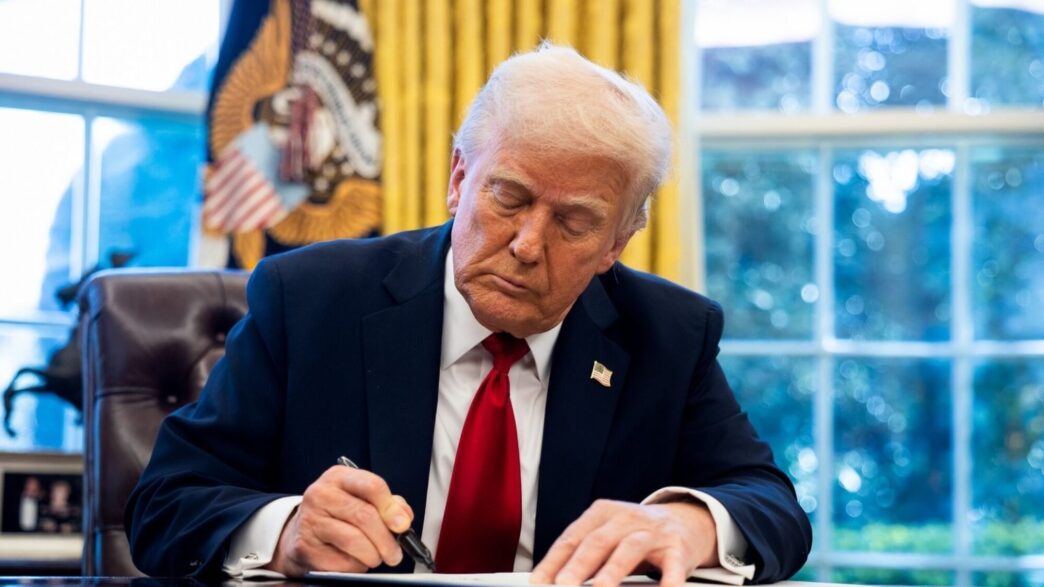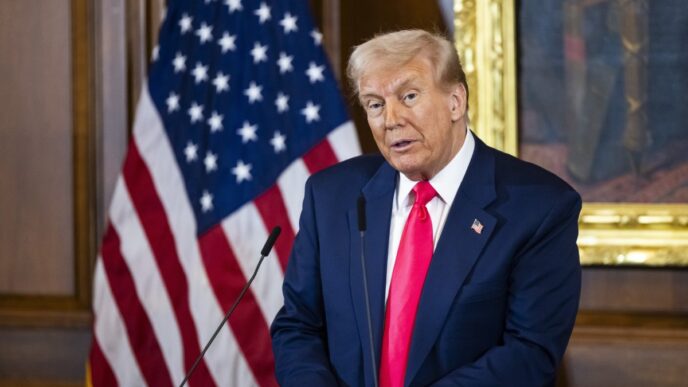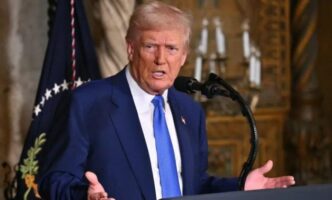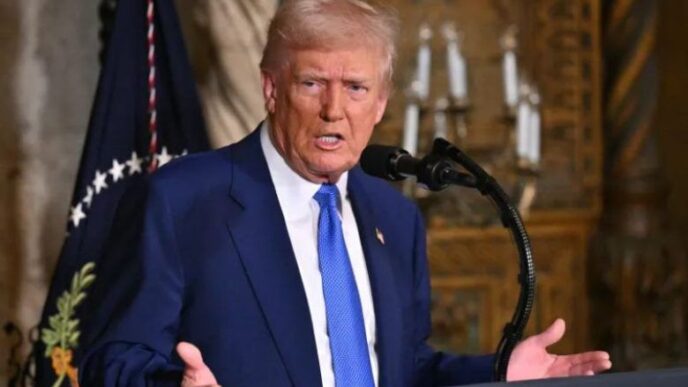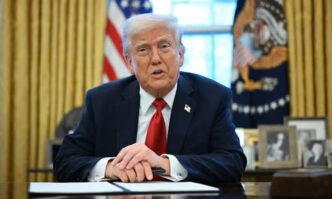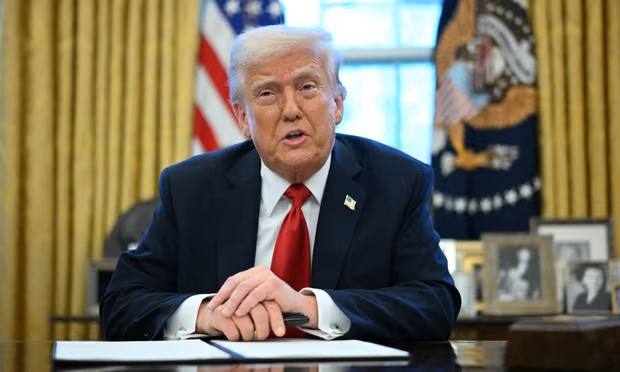The U.S. automotive industry is bracing for a major shift as President Donald Trump announces a 25% tariff on imported cars and car parts.
This policy, aimed at boosting domestic production, is expected to have widespread economic and trade implications.
The tariff, scheduled to take effect on April 2 for imported vehicles, will be enforced the following day.
However, duties on car parts have been delayed, with implementation expected later in May.
Defending the move, Trump stated, “If you build your car in the United States, there is no tariff,” reinforcing his administration’s commitment to strengthening the domestic auto industry.
He further claimed that the policy would drive “tremendous growth” and create more job opportunities.
Despite the positive outlook from the White House, industry experts warn that the new tariff could lead to rising car prices, supply chain disruptions, and potential job losses.
Analysts predict that consumers may see vehicle prices increase by $4,000 to $10,000, depending on the model.
With the U.S. importing around eight million vehicles annually, valued at approximately $240 billion, the economic ramifications of this policy could be far-reaching.
Automakers who rely on global supply chains may struggle to adjust, leading to production delays and increased costs.
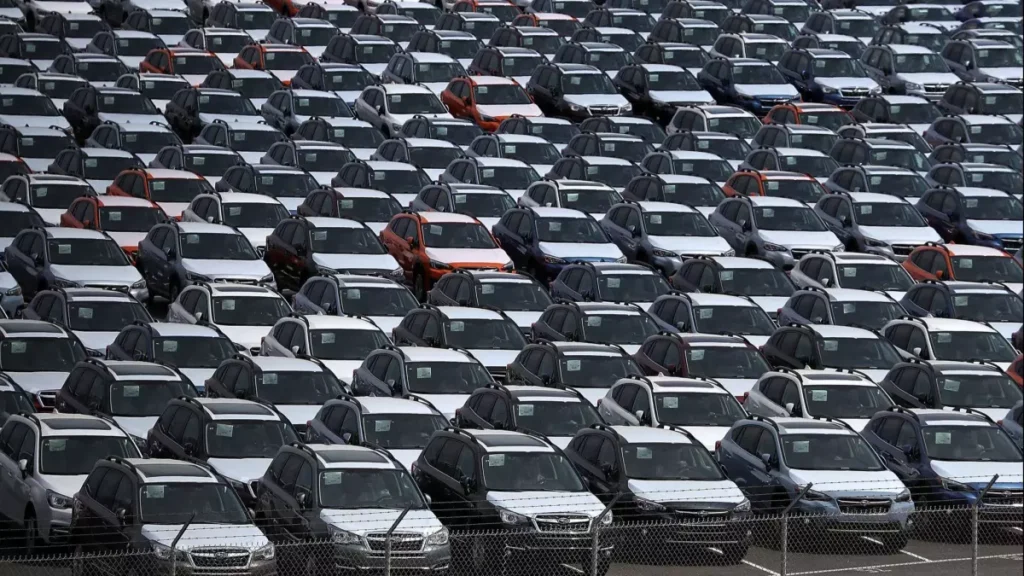
The tariff is expected to impact key trade partners, including Mexico, South Korea, Japan, Canada, and Germany.
Among them, Mexico one of the largest vehicle suppliers to the U.S. stands to be hit the hardest.
Many American automakers have long-operated manufacturing plants in Mexico and Canada, taking advantage of established trade agreements.
However, exemptions have been temporarily granted for imports of car parts from Canada and Mexico while U.S. Customs and Border Protection develops an assessment framework.
Once these exemptions expire, trade relations between the U.S. and its closest neighbors could face significant strain.
While the administration sees the tariffs as a means to strengthen local manufacturing, automakers, and trade experts caution that the move could backfire.
Higher production costs, limited access to affordable parts, and potential retaliatory measures from affected countries could create uncertainty in the global market.
Furthermore, diplomatic ties with major trading partners could be tested as governments weigh their response.
Meanwhile, as the auto industry adapts to these changes, businesses and consumers alike must prepare for potential shifts in pricing, production strategies, and international trade dynamics.
